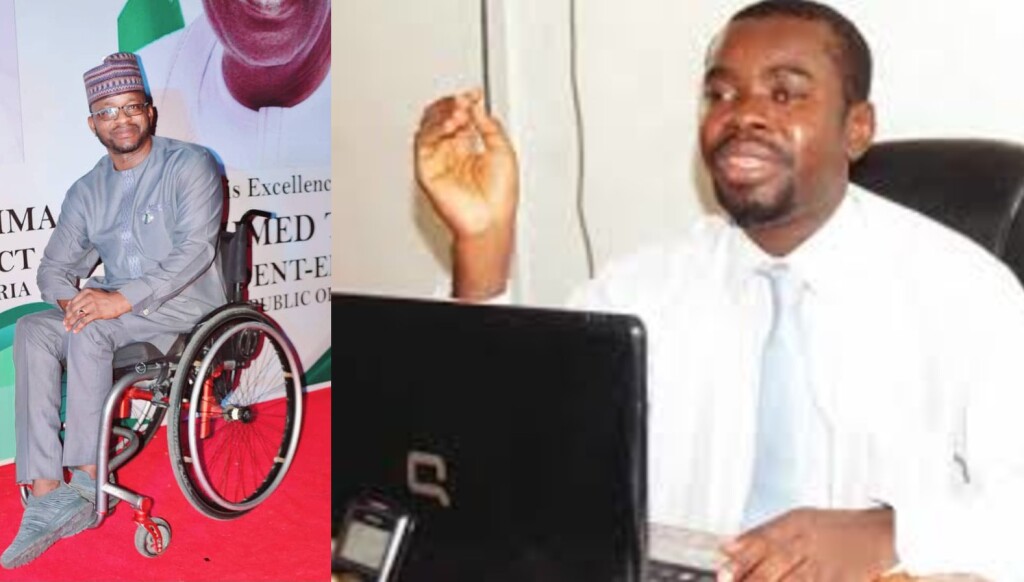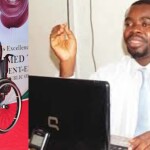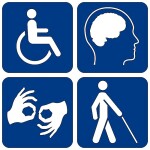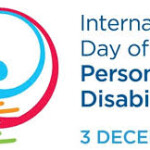With its poor targeting and planning, the mesh of social protection policies in Nigeria has failed to offer safety net for Nigeria’s disability community which forms the bulk of the nation’s vulnerable population.
The Media Action for Minority Inclusion (MAMI), a disability and policy foundation, mobilized experts in disability and social protection across the community for a roundtable on 9th August. And after examining the theme Living Cost Crisis: PWDs Survival in Administration Proclaiming Equal Opportunities, the gathering fashioned out five action plans that address poor targeting excluding disability from social protection policies.
Senior Special Assistant on Disability and Equal Opportunities (Presidency) Mohammed Abba Isa in his keynote address nailed the problem down to leadership failure. Since the Discrimination Act 2018 took effect, the government, he noted, has doubled down on positioning disability in Nigeria, Africa, and as far as the UN.
“If anything, we don’t need to blame the government; we need to blame ourselves, and hold our people (PWDs) in leadership positions responsible,” Isa said.
Many of the panelists, however, disagreed with him.
Theophilus Adawodu described the projections in Issa’s presentation as ‘tokenistic’. Whether social protection policies work for the disability community or not, the buck, he insisted, still stops with the government.
“I think the government needs to be more intentional; its political will needs to be well demonstrated to ensure PWDs enjoy whatever good intention the government has,” the Project Manager at the Disability Rights Fund said.
He cited Ghana among other countries where social protection policies specifically provide 25 percent of a PWD’s salary as an allowance.
“Now here the cost of living is high even for those without disabilities. Imagine that for PWDs who have to pay double or three times that amount to access public services,” he said. The world, he hinted, is now shifting to a care economy for disability, and observed how much good data collection can help Nigeria in planning for this shift.
In his presentation on the State of Disability in Social Protection Policy Formulation and Implementation, Lukman Salami said disability, for now, has not earned its place in most of the policies despite the government’s claim of inclusion. The lawyer and chairman of Joint National Association of Persons With Disability (JONAPWD) Lagos State Chapter wondered how disability can ever feature when PWDs and experts in disability have no part in the policy cycle.
But a World Bank’s Technical Assistant to the National Commission for Persons with Disabilities, who was among the drafters of the National Social Protection Policy in 2014, differed on that. Adebukola Adebayo insisted the problem is that of governance structure of Nigeria’s disability space -- not so much of lack of disability-specific policies. According to him, social protection policies abound in social care, social insurance, social assistance, and labour market intervention for vulnerable Nigerians.
“But the truth is we cannot implement social protection policies when we don’t have an appropriate governance system in place to drive all of this,” the social protection policy expert said, referring to the competition and duplication of efforts among MDAs implementing disability policies. “At what point do we engage with the SSA and at what point do we engage with the NCPWD, and at what point do both of them come together to advance disability issues in Nigeria?”
For its effort in targeting disability, the World Bank, Adebayo said, has been working with the NCPWD to unbundle the Discrimination Act 2018 into implementable policies. He also suggested setting up of interagency collaborative mechanisms to ‘drive, implement, and monitor’ disability inclusion in social protection policies.
Salami and Michael Fadeyi, a gender and disability researcher from the University of Sussex, also emphasized the fact that a disability commission’s basic responsibility is facilitation of MDA-wide inclusion of disability — not policy implementation.
An assistive technology expert on the panel, however, noted that targeting of disability will only happen when government provides PWDs access to technology. This enhances communication which, Opeolu Akinola believed, facilitates data collection and database establishment.
No fewer than the 60 million Nigerians have been captured in the national social register so far. Adebayo revealed over one and half million of them are PWDs whose population estimate stands at 35 million.
“In actual fact, you can’t engage PWDs in anything without the use of technology, and our policy on technology is exclusionary of PWDs, further disabling them,” Akinola, Accesstech’s CEO, said.
He admitted the importance of a governance mechanism, but added it works only when the policy beneficiaries can input their feedback in the communication loop. And that, he said, is where technology for data comes in, especially through alternatives like hotlines, social media, and the traditional media.
The Association of Intellectual and Developmental Disability of Nigeria President Joko Omotola and Ijeoma Nnodom, a pediatrician, spoke on social care policies. Both highlighted the challenges PWDs face in accessing health insurance policies the government designs to exclude major drugs and therapies cerebral palsy and other children with developmental disabilities need more. Nor do the policies provide any support system for parents who double as caregivers to such children.
Nnodom harped on financial constraint, a major problem she said affects the bulk of the PWD population working the informal sector, including those unemployed.
“The government insurance policy has been targeted at only those working in the formal sector,” she said. The Universal Health Coverage (UHC), she noted, can do a better job of targeting.
Fadeyi, again, pointed out how policy makers have always put gender issues on the back burners. “It’s bad enough we don’t have disaggregated data of disability. Even when we talk about 35 million — how did we arrive at that?” From his field experience, cultural biases, which cut across gender, too, can be responsible for this exclusion.
According to him, none of the disability laws in Nigeria focuses on women and girls with disabilities. For him, how far social protection could go in covering this neglected segment, especially women who are breadwinners of their families, is a mute question.
“Even in the world, we all agree women with disabilities are the poorest of the poor,” he said.
The five action plans the brainstorming session produced include: setting up of committees across MDAs; bringing on experts from the organizations of persons with disabilities; inclusion training across MDAs; developing operational manuals; and a feedback mechanism. The fifth, intersectionality, factors in the cross between disability and gender, economic status, locality, age, disability type, and others.
The convener, Gbenga Ogundare, Executive Director of MAMI, assured the panelists the foundation will make the report of the deliberation available to relevant institutions and agencies for further policy action.
Apart from the senior special assistant to the president, the Lagos State Office for Disability Affairs G.M. Adenike Oyetunde-Lawal also participated in the online roundtable.
MAMI publishes Equality Reporters, an online platform covering disability policies in Nigeria.







